A Former Refugee's Musical Remedies: Q&A With Somaliland Singer Sahra Halgan Ahead of Sep 27 DDC Gig
Music isn’t merely art for Sahra Halgan. She's used it as an essential remedy.
The Somaliland hailing singer – who is revered by her countrymen for penning songs about gaining statehood recognition for the polarizing nation, and who earned critical acclaim after forming a band in France as a refugee from her war-torn homeland –first worked as a nurse on the front lines of that conflict in the late '80s. Short on essentials like painkillers and antibiotics, Halgan often drew on a far different resource to soothe her patients after stitching them up.
“All the patients I sang for were war wounded,” Halgan recalls of that dire time, ahead of her September 27 performance at DDC. “Honestly I can't remember which songs I used, but there were a lot! At night, when all the wounded were in pain and feared they might not survive to the next morning, the only thing I could do was to sing all night, to help them sleep.”
Below, Halgan tells us more about fleeing as a refugee to France in 1991, forming her band there in order to share Somaliland's rich musical traditions, returning home to open her nation's first music venue and cultural center, and more.
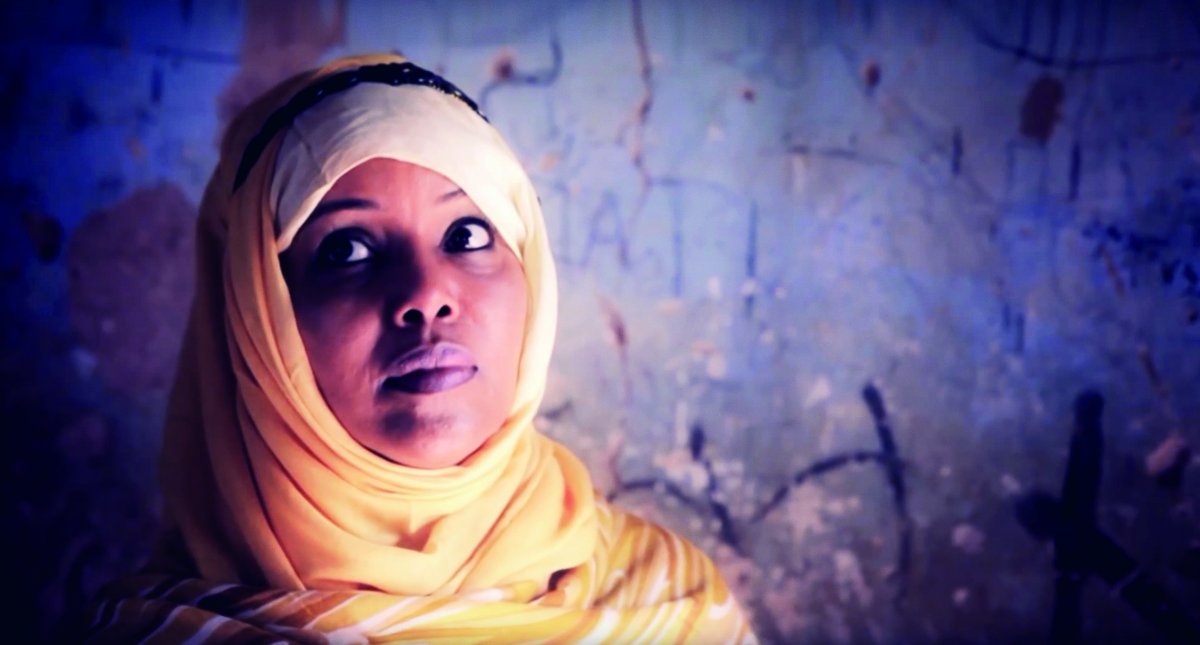
Have you been working on any new music lately?
Yes, I'm still working on new music, in both of my musical lives. At my cultural center in Somaliland, we create new songs with poets and musicians, as we try to rediscover old songs of our culture. And with my band, each time we meet for a tour we try to compose new songs, with the goal of making a second album.
One thing that inspires me through it all: the fact that music is just the simplest way to relay a message. Whether it’s about politics, peace, love or life, if it's sincere, it can touch anyone. Even if they don't speak the language.
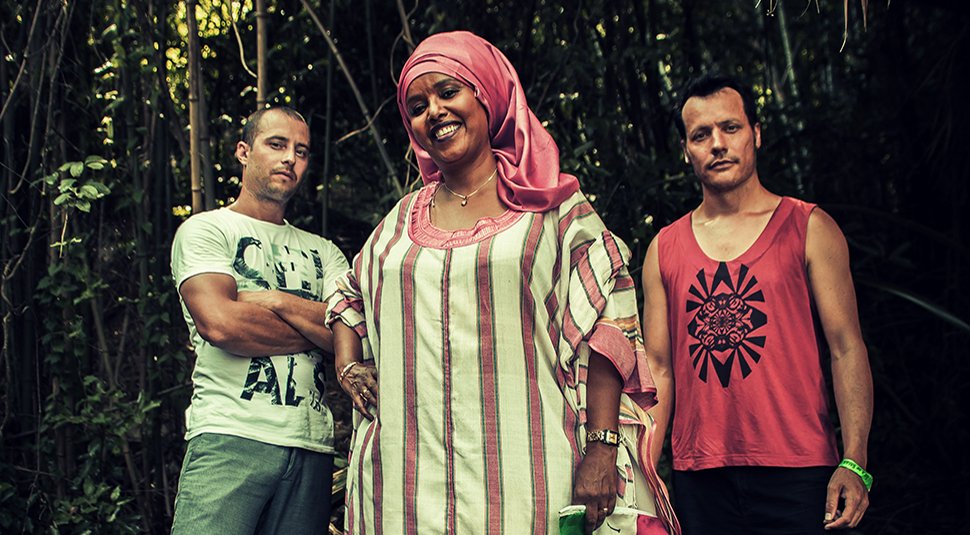
What is it like to perform your music with bandmates Aymeric Kroll and Maël Saletes? How do you connect musically and perform traditional music from the Horn of Africa, despite having such different cultural backgrounds?
I love to perform with Aymeric and Maël. The good thing is that they don't try to imitate or pretend to be musicians of my country. Aymeric is very familiar with the music of Mali, and they both have a great sensibility with African music in general. That gives me a natural mix that I didn't have before. They also help me keep many of my favorite traditions alive – for instance, they both learned how to sing backing vocals in Somalian.
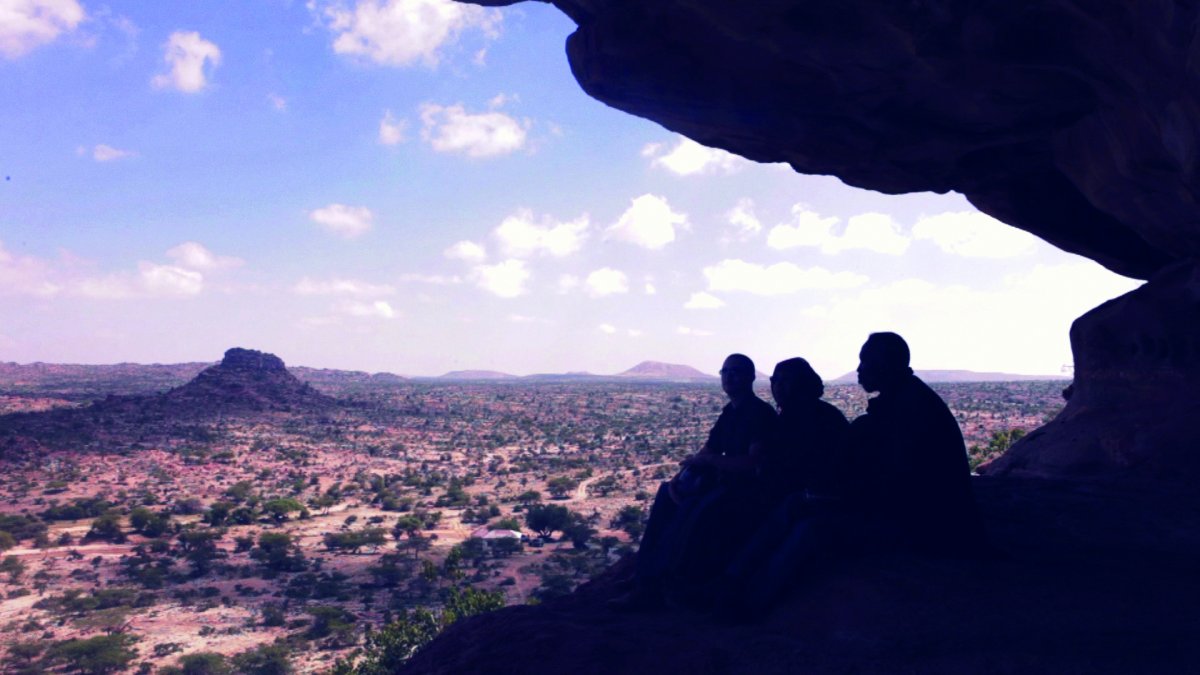
What has life been like for you after moving back from Lyon, France, to Somaliland?
Well, now I only go back to Lyon to join my band for performances. I loved my time in France. I felt welcomed and felt like it really was my country, that I'm now from there along with being from Somaliland.
Life wasn't always easy in France though. I worked a lot, and tried to raise my children the right way. But all the while I had the chance to slowly continue with my music in my spare time.
I must say it's easier for me now that I'm back in Somaliland though. I really needed to come back to create something for my country, this cultural center called Hiddo-Dhawr (which means "preserve culture").
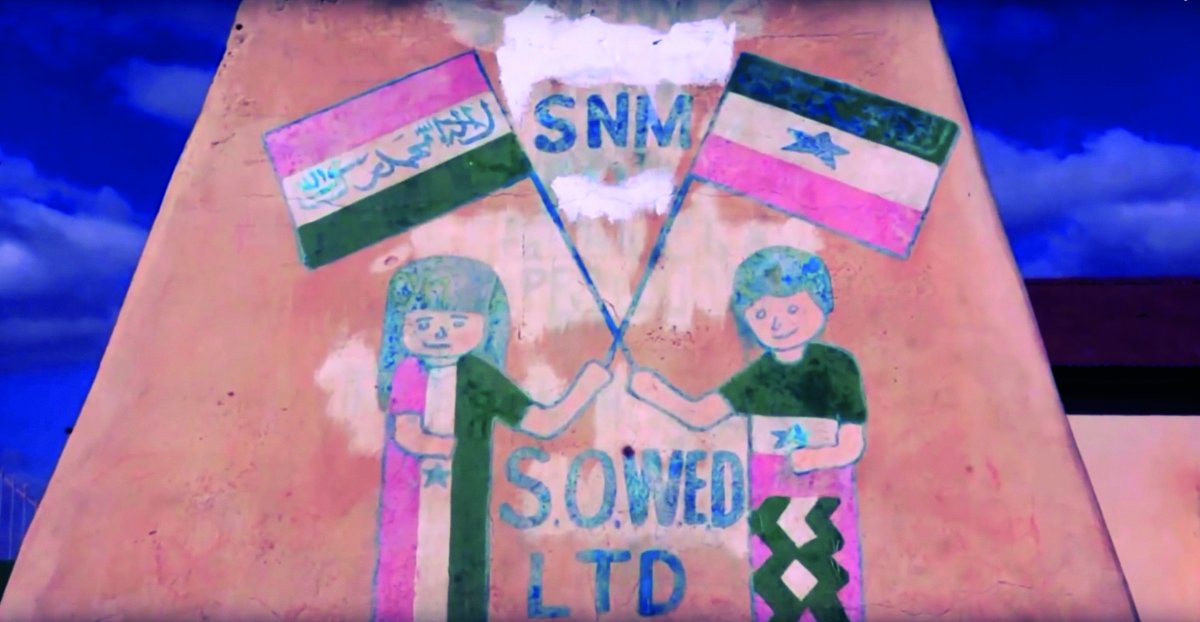
How is your cultural center doing lately? Do you hope to start other projects like it soon?
Hiddo-Dhawr is doing very well. A huge amount of work is involved, but I'm very happy with it. The only future projects I’d like to work on would be those that help Hiddo-Dhawr become bigger. Maybe create places for accommodation, so that people could stay longer.
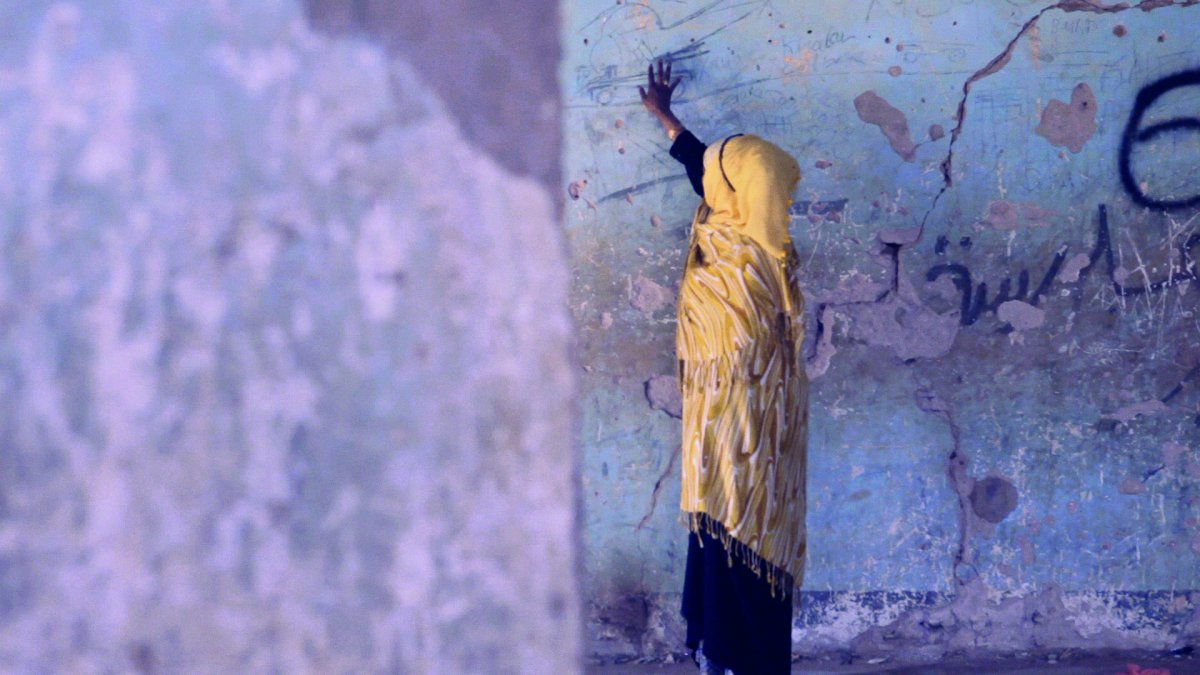
You first came to Lyon as a refugee. What are your thoughts on the ongoing refugee crisis today?
When I arrived, the situation wasn't the same. There weren't as many war-torn countries. Nowadays it seems that all the world is at war. It's complicated. Europe can't welcome everybody, but nobody should refuse someone who is trying to escape from a conflict or a dictatorship.
We also have to keep in mind that Europe and the US are partly responsible for some of those wars, and that they sell weapons. I can understand the fear of some Europeans about integration though. Personally, I always give this advice to any refugees I meet: the first, most important thing is to learn the language of their new country and adapt their habits to their new culture. That is so important, although it, of course, doesn't mean that they should forget where they come from.
The Sahra Halgan Trio will perform at DDC on Sept. 27.
Photos: CNN, the promoters







